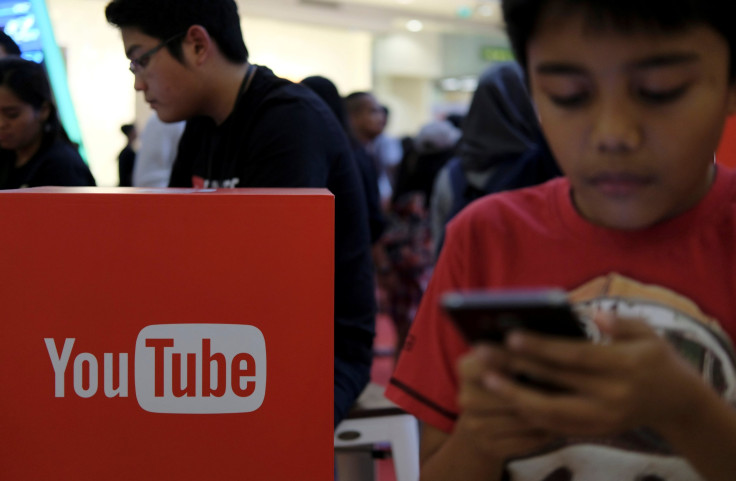YouTube Ad Revenue: Google Report Says Blocking Music From Website Would Hurt Music Industry

For fans, there are now more places than ever to hear music online. But, if you don’t want to spring for a subscription to a streaming music service, there’s always — to the music industry’s chagrin — YouTube. While YouTube is home to official music video services like Vevo, it also frequently hosts ripped and pirated versions of songs, which has earned the music industry’s ire.
However, a Google-commissioned report from analyst firm RBB Economics says removing music from YouTube would encourage users to move to pirated or lower-quality sources to get their music.
Read: Spotify IPO Date: Company To Go Public Via Direct Listing Later This Year, Report Says
Among the report’s findings:
85 percent of users would move to other channels like radio, streaming radio or piracy if music content were blocked or removed from YouTube.
If users were no longer able to listen to music on YouTube, the report estimates that they would spend up to 29 percent more time listening to pirated content.
Only 15 percent of YouTube music listeners would make the jump to a streaming music service like Spotify or Apple Music.
Blocking YouTube versions of songs did not result in a significant bump in plays from streaming services. RBB pulled its data for this area from Germany, where YouTube was previously in a dispute with performing rights agency Gema that resulted in songs being blocked from YouTube.
To produce its findings, RBB said it drew from a 1,500 user survey. The firm also analyzed data from YouTube and streaming services for around 5,000 songs in Germany, Italy, France and the United Kingdom across three years. According to Google, RBB will release additional findings in the next few weeks.
For YouTube’s part, it has taken measures to help combat pirated links and songs. According to Google, it has paid out more than $1 billion in ad revenue and content identification tools have allowed music companies to earn revenue from songs uploaded by fans. YouTube also launched YouTube Red in 2014 and the premium subscription program includes features like ad-free viewing and background listening that are targeted at music listeners.
Read: YouTube Announces New Original 'Red' Shows
However, artists and the music industry have frequently slammed YouTube and its artist efforts. In a talk with Billboard last June, Nine Inch Nails frontman Trent Reznor said YouTube’s relationship with artists and the industry was built on unfair terms.
“Personally, I find YouTube’s business to be very disingenuous,” Reznor told Billboard. “It is built on the backs of free, stolen content and that’s how they got that big. I think any free-tiered service is not fair. It’s making their numbers and getting them a big IPO and it is built on the back of my work and that of my peers. That’s how I feel about it. Strongly. We’re trying to build a platform that provides an alternative -- where you can get paid and an artist can control where their [content] goes.”
Black Keys drummer Patrick Carney also echoed Reznor’s sentiments on Twitter:
Give me five minutes on @youtube and I probably can find 250 songs that are available which the artist isn't getting paid for. At least.
— Patrick Carney (@patrickcarney) June 16, 2016
© Copyright IBTimes 2025. All rights reserved.




















